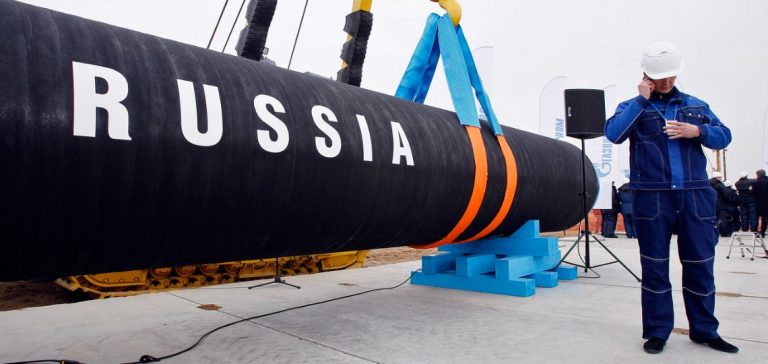The announcement by Alexander Novak, Russian Deputy Prime Minister, regarding gas transit via Ukraine reveals several strategic issues for Russia, Ukraine, and the European Union (EU). At the end of 2024, the current gas transit agreement between Russia and Ukraine is set to expire. While Russia is open to continuing supplies, Ukraine has repeatedly stated that it will not renew this agreement. This situation places the EU in a delicate position, as some European countries continue to rely on Russian gas flows for their energy consumption.
Despite the drastic reduction in EU imports of Russian gas since the beginning of the war in Ukraine, countries like Slovakia, Austria, and Hungary still depend on these supplies. Slovakia, in particular, is in a vulnerable position as it lacks solid alternatives. It might attempt to establish a reverse flow from Austria or import via liquefied natural gas (LNG) terminals in Germany, but this would incur additional costs.
Economic Impact for Ukraine
For Ukraine, the end of gas transit could have significant economic consequences. Currently, Kyiv generates approximately 714 million euros in annual revenue from Russian gas transit, which is below the initially projected 1.25 billion euros. However, maintaining this infrastructure is costly. The Ukrainian pipeline network, designed to transport large quantities of gas, requires high maintenance costs, estimated at around 892 million euros per year, to remain operational. If Russian transit stops, Ukraine will need to find alternative means to finance these costs while ensuring that the pipelines continue to meet domestic needs.
Repercussions for Russia and the EU
Russia could suffer a loss of 7 to 8 billion dollars in annual revenue, representing about 15% of Gazprom’s total revenue. These losses could not be offset by alternative markets for several years. The construction of the “Power of Siberia 2” pipeline to China is not planned before 2030, and an LNG terminal project on the Baltic Sea would not be operational until 2026-2027. Additionally, the end of this transit could trigger damage claims from European customers, some contracts of which extend until 2040.
For the EU, the loss of 15 billion cubic meters of gas transported via Ukraine each year would be a shock for some Central and Eastern European countries. Even though the EU’s overall dependence on Russian gas has been reduced, Russia’s share in total gas imports remains significant, accounting for about 15% in the second quarter of 2024, just behind the 19% from the United States. Countries like Hungary and Slovakia, which do not have access to the sea for importing LNG, would be forced to find other sources at a much higher cost.
Strategies and Perspectives
To attempt to circumvent the potential blockage, one of the options being explored is for European companies to sign transport contracts directly with Ukraine, rather than through bilateral contracts with Gazprom. This would allow Ukraine to continue to collect transit fees while aligning with European needs. However, any definitive cutoff of gas flow through Ukraine would significantly increase costs for EU countries that are already using reverse flow mechanisms to import gas at lower costs.
The situation remains complex and evolving. A definitive rupture of transit via Ukraine would harm not only Russian gas revenues but also the energy security of several European countries. Russia might turn more towards Asia, but these markets will not compensate for European losses in the near future. On its side, Ukraine could benefit from a reorganized transit system, but this would require significant investments to adapt its infrastructure. For Europe, finding alternative solutions remains limited by geographical constraints and high logistical costs.
The final decision will depend on negotiations between the EU, Ukraine, and Russia, as discussions have already been initiated to explore options via other routes, notably through Turkey and Azerbaijan.






















